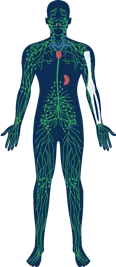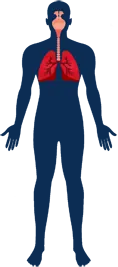- Home
- Browse by Disease
- Pneumocystosis
Pneumocystosis
- Other Names:
pcp; pcp - pneumocystis pneumonia; pjp; pneumocystis carinii pneumonia; pneumocystosis jirovecii pneumonia; pneumocystosis pneumonia; pulmonary pneumocystosispcp; pcp - pneumocystis pneumonia; pjp; pneumocystis carinii pneumonia; pneumocystosis jirovecii pneumonia; pneumocystosis pneumonia; pulmonary pneumocystosis
Read More
Read Less









